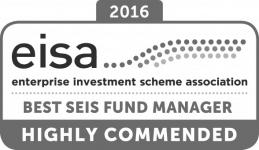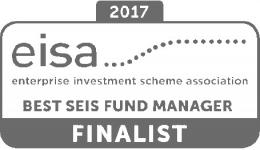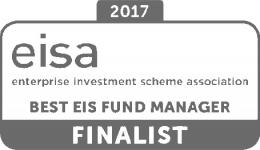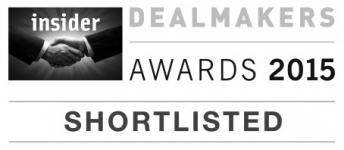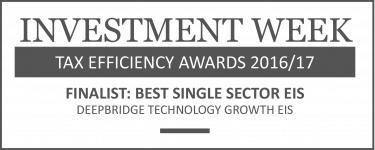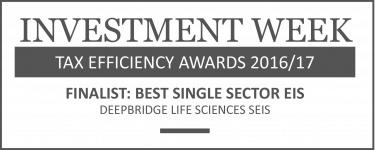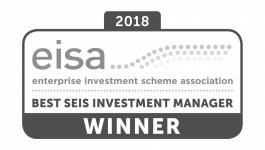If looking to utilise the Enterprise Investment Scheme (or Seed Enterprise Investment Scheme) to offset a tax liability in the 2017/18 tax year investors should not invest simply because a proposition promises deployment in the 2017/18 tax year.
By investing in the 2018/19 tax year, investors could utilise carry back and be able to claim up to £300,000 (30% of a maximum £1m investment) against their income tax liability for the 2017/18 tax year.
Similarly, capital gains tax (CGT) deferral relief can be utilised against gains arising up to three years before, and one year after, the EIS shares are issued.
Don’t let the end of tax-year alter your thinking if looking to offset a tax relief for the 2017/18 tax year. Choose your investment manager on merit rather than purely availability.
At Deepbridge, we aim to deploy EIS funds on a monthly basis and therefore investors face a minimal wait for their funds to be deployed and for receipt of their EIS3 forms, which an investor requires to submit to HMRC when requesting to offset a tax liability.
EIS investing is a year round opportunity for advisers and appropriate investors who understand the risks involved and seeking to offset tax liabilities and/or interested in unquoted stocks targeting growth.
Andrew Aldridge, Partner, Head of Marketing, Deepbridge Capital
The value of investments may go down as well as up and investors may lose all funds invested. EIS investments are illiquid and high risk, may not be not suitable for all investors and investors should not consider investing unless they can afford the full loss of their investment. As EIS investments are highly illiquid, there may not be a readily available market to sell such an investment and there is likely to be limited information as to their value. Investors should seek independent advice before considering EIS investing. Tax treatment depends on the individual circumstances of each investor and may be subject to change in future. The availability of tax reliefs depends on the Company invested in maintaining its qualifying status. Investment in unquoted companies carries high risks.
- February 2026 (1)
- January 2026 (3)
- December 2025 (2)
- November 2025 (3)
- October 2025 (1)
- August 2025 (2)
- June 2025 (2)
- May 2025 (1)
- March 2025 (1)
- February 2025 (1)
- January 2025 (1)
- December 2024 (1)
- November 2024 (1)
- October 2024 (4)
- September 2024 (4)
- August 2024 (4)
- July 2024 (1)
- June 2024 (3)





